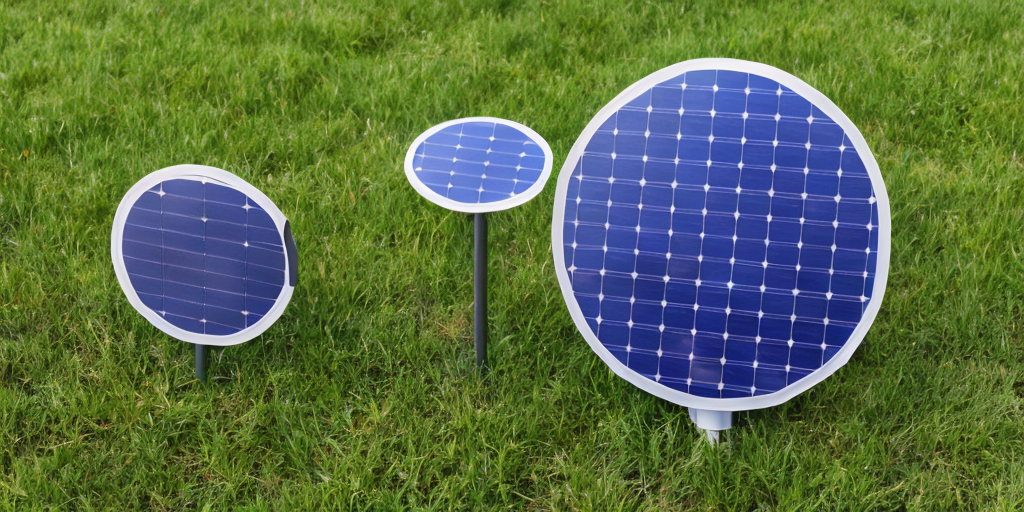

I’ve got a few bicycles and a tree in my backyard that produces edible nuts.
Father; husband; mechanical engineer. Posting from my self-hosted Lemmy instance here in beautiful New Jersey. I also post from my Pixelfed instance.


I’ve got a few bicycles and a tree in my backyard that produces edible nuts.

The next time the gas stove discourse comes up, consider that maybe certain interests will benefit from everyone having to buy new induction ranges.


Why hasn’t VAG already thought of that?


Maybe. I guess authoritarianism is good sometimes.


I think part of what makes tracks unusable for regular trains is when the rails become too misaligned. Of course that isn’t an issue for a vehicle that only requires one rail. I kind of like this idea.


I do not include the rider when I get bicycle or motorcycle cycle CAPTCHAs. Sometimes it’s correct, sometimes it’s incorrect.


That is not true. I’m working on a hydrogen refueling project right now with a steel, ASME code storage vessel. I asked the manufacturer specifically and they confirmed that hydrogen embrittlement is not a concern and does not affect the lifetime of the vessel.


I’m not so concerned about the carbon footprint of battery manufacturing as I am with the broader externalities associated with the battery lifecycle. This article is a few years old, but it provides a relevant, sobering assessment of the problem. Hydrogen powered vehicles make sense now because they avoid that problem. They’re also a better choice for anyone whose driving needs would outpace overnight charging of a BEV at home (or anyone with a living situation that precludes it). The current policy of exclusively transitioning the fleet to BEVs is at best a kludge for bad energy policy.


I do not think the US or Israel actually have good intentions, but I doubt that the pier has anything to do with off-shore oil or gas exploitation. What purpose would it serve when the oil or gas could be brought to a fully developed port that already exists?


You’re not really describing a problem with hydrogen powered vehicles. You’re describing the problem with the way we’ve been trying to generate power free of greenhouse gas emissions. As long as the policy makers keep myopically insisting that we only do it with certain renewables, it doesn’t matter if battery electric vehicles are actually more efficient or not. So, on balance, the relative inefficiency of a hydrogen powered fleet is more than made up for by avoiding a massive stream of battery waste that everyone seems to be ignoring.


I’m a 5’7” guy and I absolutely support this kind of monarchism. God save the king.


The heavy machinery that I am familiar with runs on 3-phase 460VAC. This project sounds complex enough that you should factor in hiring an electrical engineer.


No it doesn’t. It’s a well understood, predictable phenomenon that is reasonably addressed in any application involving hydrogen.


Hydrogen embrittlement is a solved problem. You just design for it. And the grid is not there to support a transition of ICE vehicle fleet to battery electric. A significant build out of infrastructure is required especially for recharging battery powered long haul trucks within reasonable times.


Yes. Battery powered vehicles are heavy, hazardous, and have significant pollution problems throughout their lifecycle. They’re also dependent on grid uptime because EV charging stations don’t store usable power on site (except in some notorious cases with diesel powered generators). Battery powered EVs don’t offer any benefits over H2 powered vehicles, but they help to extend the tentacles of the deleterious just-in-time paradigm further into our lives.


If Biden really wanted to stick it to the Chinese auto industry, he’d fund a national build out of hydrogen refueling infrastructure and substantial subsidies for fuel cell production.


Politicians from bourgeois parties are going to serve bourgeois interests. Nobody should expect anything different from them.


Seems kind of spurious to call lobbying sabotage as if the politicians being lobbied are machines and not human beings doing what they’ve been elected to do as nominally bourgeois party members.
Indeed. I have some first hand experience to back that up.
![]()
It’s a black walnut tree. The bikes are analog, lol. I prefer the warmer sound.